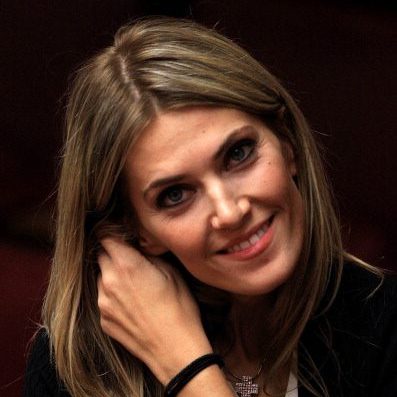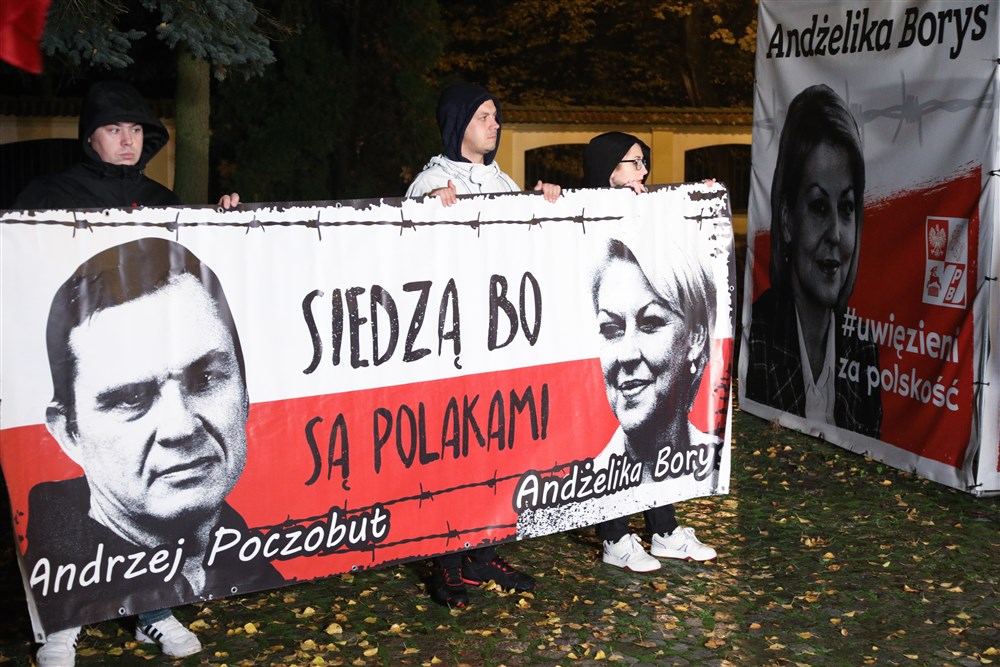Europe’s top research university for European Union affairs is struggling with an unprecedented wave of students who no longer believe in “ever closer union”.
The Italy-based European University Institute (EUI), founded in 1972 to bring together researchers in politics and economics from across the bloc, is experiencing “unheard of” protests by students who believe the EU and its institutions are no longer fit for purpose.
In an on-campus “alternative” conference designed to coincide with the Institute’s annual ‘State of the Union’ event, students said the EU narrative had become “racist, sexist, classist and xenophobic” and that they no longer felt they “belonged” at the Institute.
Speeches by visiting EU bigwigs simply reinforced “the idea that our role as researchers is not to critically enquire into the realities of our world, but to craft self-serving narratives that address politicians and people in power”, they said. Debating Europe was pointless without the participation of “non-Europeans and those marginalised by and within Europe”, the students added.
The group’s presence has rendered the academic atmosphere “toxic”, according to researchers with more traditional, pro-EU views. Activists have highlighted their views over internal Institute messaging systems traditionally used for academic exchange, leaving faculty members torn between supporting freedom of expression and the desire to impose better “etiquette”.
A recent graduate told Brussels Signal that “a lot” of researchers are “anti-federalist and anti-European Union” and see the EU “as some sort of imperialist construction”. The graduate, who asked not to be identified, said researchers now openly criticise the fact that the EU is “founded on market principles” and label it “an imperialist construction”. It was common to hear them talk of the “need to ‘de-colonise Europe’,” the graduate said. The EU is, according to this clique, dominated by “neo-liberals, shills, [and] capitalists”.
A ‘shill’ is defined by Oxford Languages as a confidence trickster or swindler who poses as a genuine customer to entice or encourage others.
The EUI, nestled in the beautiful hills of Fiesole, near Florence in central Italy, attracts big names for its May State of the Union event. Josep Borrell, EU High Representative for Foreign Affairs and Security Policy, was this year’s guest lecturer. Interviewed by Euronews, Borell talked of the transformation that had occurred across the bloc since the invasion of Ukraine.
Just days before his arrival, EUI researchers organised an “alternative” debate or “un-conference” in the Institute’s gardens.
“They were critical of management and the fact that there has been no public engagement with their ideas,” a faculty member told Brussels Signal. “They talked about Europe’s role in climate change. They say the EU should be thinking out of the box. They were also not happy with the sponsors, or partners, of the State of the Union event.” A side event was this year “partnered” by pharmaceutics giant Bayer; last year, semi-conductor manufacturer Qualcomm was involved.
“A protest of this kind is unheard of here. We’re definitely not used to it,” said the faculty source.
Italian police removing EUI Refugee Initiative posters that read "Refugees Welcome" from the EUI community board #SOU2023 pic.twitter.com/fZvYwvhx1w
— Tom Ashby (@tomaashby) May 4, 2023
Rebel researchers have operated largely anonymously, via means of at least one closed social media group, out of fear of reprimand or reprisal, although the faculty denies it has any such plans. “We can’t expect researchers to only speak positively about the EU,” the faculty source said, adding: “Research funded by the EU could also result in findings that are not in line with EU policies.”
Unlike the College of Europe in Bruges, Belgium, which in large part trains students to become EU civil servants who are expected to believe in the EU’s motto ‘Ever Closer Union’ – a term from the original EU Treaty – the Florence Institute produces mostly academics, between 60 per cent and 70 per cent of all graduates. Academics have more freedom to speak their minds than European Commission civil servants, the faculty source implied.
There is, however, faculty concern about internal messaging systems being used for non-academic purposes. “They will be asked to abide by the etiquette and if they don’t, messages could be taken down,” the source said.
Anti-EU sentiment in Florence chimes with commonly held “leftwing Socialist ideas” that are both “anti-market” and “anti-capitalist”, according to the former graduate. Euro-scepticism is more commonly associated with right-wing activists although it was more prevalent among left-wingers in the 1970s.
The rebels are “dozens” strong and “loud”, but still a minority among the Institute’s 300 researchers. Protest is said to have grown out of calls for pay equality; researchers are today paid scholarships according to rates set in different EU Member States, resulting in sizeable inequality. A quarter of Institute income comes from the bloc’s Erasmus+ programme.
The Institute said in a statement that its admissions policy was based on “scientific merits of the research proposal and other academic criteria”. Political considerations “have absolutely no role in the process”.
On the subject of the ‘alternative’ conference, the Institute said: “As every top-level academic institution in the world, the EUI has a very articulated code of practice on freedom of expression. In line with the latter, researchers are free to organise similar initiatives.”





